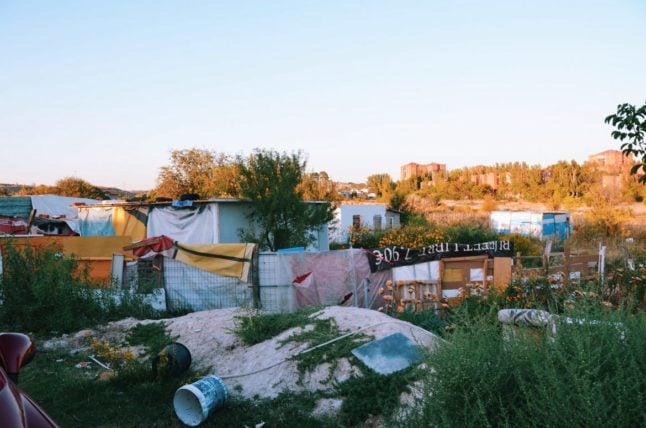CANADA
Norway loses battle to export seal goods to EU
The WTO on Monday ruled in favour of the European Union in a bitter battle with Norway over its ban on the import and sale of seal products.
Published: 25 November 2013 21:59 CET

A seal - Az Jade/Flickr
The Geneva-based World Trade Organization said that while its disputes panel found merit in the countries' complaint lodged against the EU, that was outweighed by the 2010 ban that "fulfills the objective of addressing EU public moral concerns on seal welfare to a certain extent".
Canada, which was also fighting the ban, said it would appeal the decision, while critics warned that the moral grounds defence justifying the EU ban could be widely applied to all sorts of products.
"Canada remains steadfast in its position that the seal harvest is a humane, sustainable and well-regulated activity. Any views to the contrary are based on myths and misinformation, and the Panel's findings should be of concern to all WTO members," said a Canadian government statement.
The European Union had argued that scientific evidence backed its claims that slaughter methods, such as using a club with a metal spike on it to stun seals before killing them, were cruel.
It also underlined that the EU public was overwhelmingly in favour of the ban.
Canada and Norway kill tens of thousands of seals per year, and say hunting is an age-old method allowing Atlantic fishing communities to earn an income, as well as to manage fish stocks and thereby the environment.
They insist their seal-hunting methods are humane and provided counter-arguments to the WTO from scientists. They said the methods were no worse than those used in commercial deer-hunting which is widespread in the EU.
They also called the ban trade discriminatory because seal products from EU members Sweden and Finland enjoyed unimpeded market access within the bloc.
The EU rejected that argument.
Canada's indigenous Inuits, who have traditionally hunted seal for centuries, are exempt from the ban. But Inuit say it has collapsed the market for their seal products too.
Canadian Inuit leader Terry Audla said the EU ban showed a "fundamental lack of understanding of Arctic peoples" and called the WTO's decision "truly inexplicable".
A seal processing plant boss in Canada's Newfoundland, Dion Dakins, said the ban threatened the livelihood of people in Canada's coastal communities.
"Where do we draw the line on right versus wrong or good versus bad when it comes to the products of living resources?" he asked.
Animal rights groups, though, say seal hunting is a barbaric ritual and have waged a robust campaign in recent years to stop it.
The Brigitte Bardot Foundation, set up by the French film star turned animal rights campaigner, hailed the ruling.
"The WTO has taken an historic decision by recognising that animal welfare is a moral public concern that can justify trade restrictions," it said in a statement.
Url copied to clipboard!












 Please whitelist us to continue reading.
Please whitelist us to continue reading.
Member comments